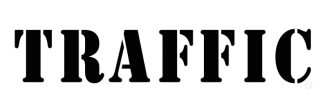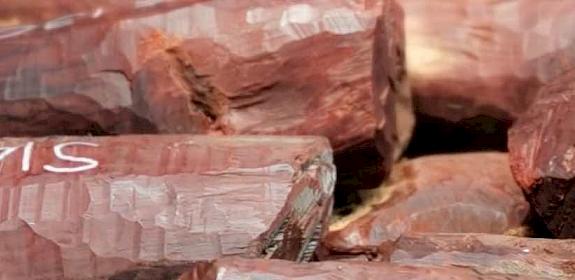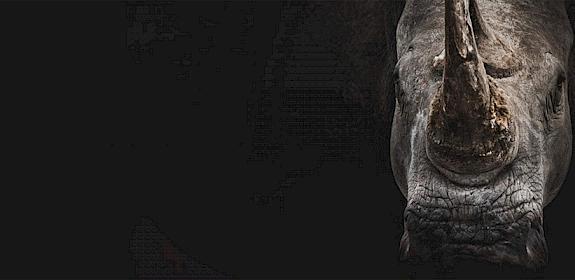Staff of Vietnamese and German companies learn benefits of wildlife-focused CSR
Hanoi, Viet Nam, 29th June 2018—Representatives of several Vietnamese and German companies active in Viet Nam learned the benefits of adopting a zero-tolerance policy on wildlife crime today in Hanoi. At a workshop organised by TRAFFIC with funding from WWF-Germany, leaders and staff from 30 businesses were shown that taking a public stance against buying, gifting, and consuming wild animals can make their companies more competitive.
“Wildlife trafficking is transnational by nature and has repercussions that are felt worldwide. It is an issue that resonates with the German people and we are pleased with this opportunity for German and Vietnamese companies to join together and spread a united message against this crime,” said Katharina Trump, anti-poaching programme manager at WWF-Germany.
During the workshop, participants learned how to enact a corporate social responsibility (CSR) policy to attract ecologically minded clients, increase competitiveness, and mitigate potential risks.
The workshop featured sessions on how companies could construct meaningful messaging to incorporate CSR activities that would be effective in combatting crime and lead to a change of practices among their colleagues and customers. Attendees learned that adopting these policies could strengthen the reputation of their businesses by ensuring they are not inadvertently participating in wildlife crime.
The event is the latest in a series that TRAFFIC has organised with different companies and civil society organisations, including the Vietnam Chamber for Commerce and Industry, the Vietnam E-Commerce Association, and the Vietnam Automobile Transportation Association, working towards the eradication of animal trafficking by encouraging companies to take a strong position against wildlife crime.
“In this age of global integration, Vietnamese companies are expected to accept their stakeholder responsibilities and societal obligations alongside their shareholder-wealth maximisation goal,” said Luong Tu Anh, managing director of Mat Bao - Northern Area, one of the presenters at the workshop.
“Businesses want to make money, sure, but we also care about our effect on society and the environment. And that comes through in the kinds of jobs we provide, the kinds of products we offer, and the ways in which we use natural resources.”
TRAFFIC’s efforts to encourage companies to integrate wildlife protection into their CSR activities have spanned the business, tourism, and hospitality sectors. As a result, anti-trafficking messaging has been placed on buses, websites, at events, and on other platforms, reaching around 250,000 people.
“Support and leadership from the business community is integral to the fight against wildlife trafficking. We are pleased that today these companies have stepped forward and shown that they are ready to be champions of a very important cause,” said Sarah Ferguson, Head of TRAFFIC’s Viet Nam Office.
Following the Workshop, companies were given CSR toolkits to help them develop an effective integrated CSR policy against wildlife crime.
About TRAFFIC

TRAFFIC is a leading non-governmental organisation working to ensure that trade in wild species is legal and sustainable, for the benefit of the planet and people.




